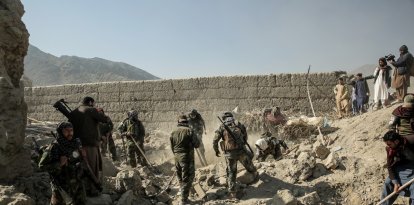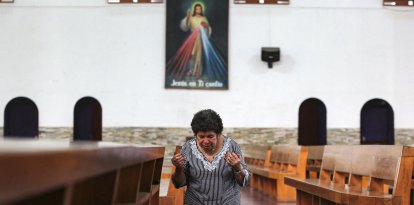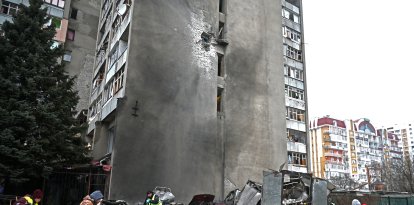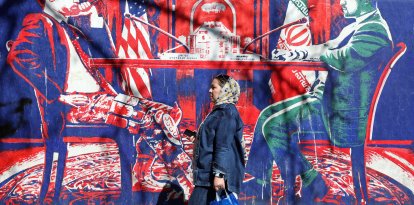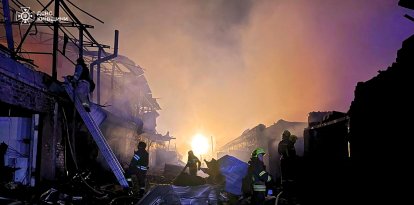Belgium: 13 people investigated for possible involvement in ISIS genocide against Yazidis
In August 2014, over the course of two weeks, the Iraqi region of Sinjar was overrun by the Islamic terrorist organization, which waged a brutal campaign that included enslavement, torture, kidnapping, murder and rape, in order to carry out ethnic cleansing against the Yazidi minority.
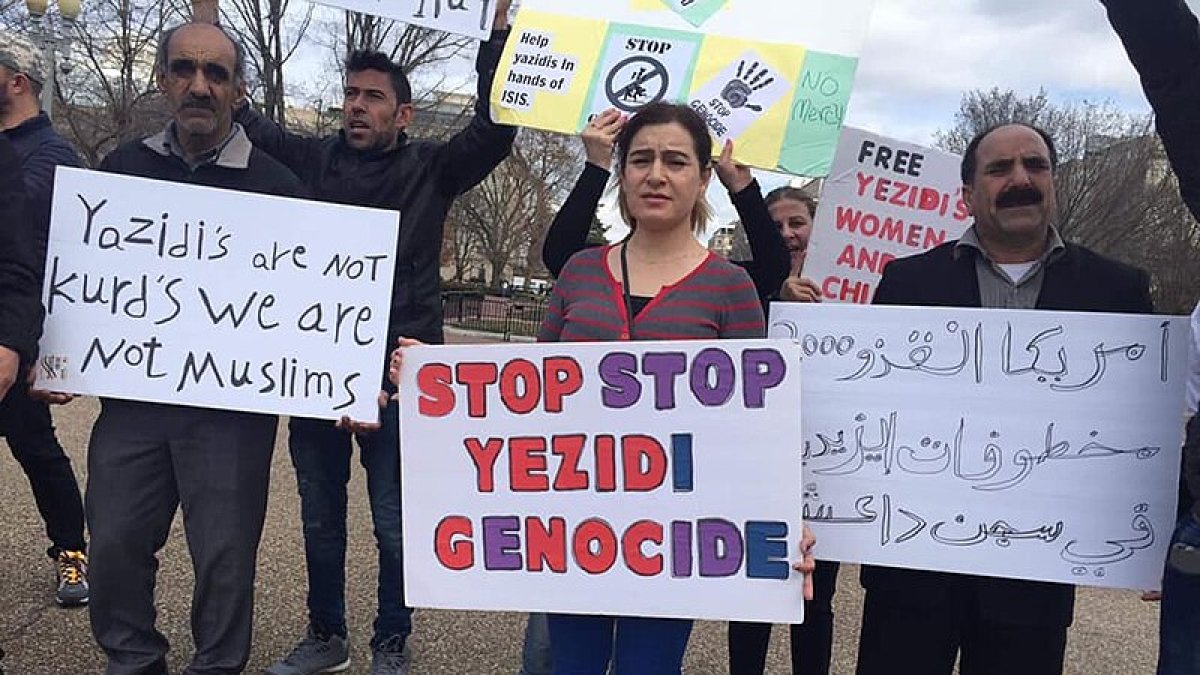
Yazidi demonstration in front of the White House in 2019.
The Federal Prosecutor's Office of Belgium opened an investigation against 13 citizens of that country who allegedly participated in the genocide committed by the terrorist organization Islamic State (ISIS) against the Yazidis in northern Iraq in 2014, outgoing Justice Minister Paul Van Tigchelt said, per Belgian news portal Sudinfo.
Van Tigchelt explained that "these are long and complex proceedings, with numerous requests for international judicial assistance, requiring travel by investigators and magistrates."
Yazidis: Victims of a historical Islamist persecution
The Yazidis are followers of a Middle Eastern religion which they claim is even older than Judaism whose roots go back centuries before the Christian era in ancient Persia and resemble the Zoroastrian faith. The Yazidis have absorbed various traditions from Sufi Islam and other Mesopotamian cultures.
Throughout history, their Muslim neighbors have viewed the Yazidis as "devil worshippers," so they have had to live constantly on the run, and in recent years have settled between the autonomous region of Kurdistan and the Sinjar and Shekhan mountains, both in Iraq's Nineveh province.
The Yazidi community in Iraq counts about half a million members, representing less than 2% of the Iraqi population of over 40 million. Other large communities live in exile in Syria, Armenia and Germany.
The most recent massacre suffered by the Yazidis happened in August 2014, when as noted on the website of the Nadia's Initiative foundation, founded by well-known Yazidi survivor and activist Nadia Murad, the world witnessed a genocide. Within two weeks, the Iraqi region of Sinjar was overrun by the terrorist organization ISIS, which embarked on a campaign to carry out ethnic cleansing against the Yazidis.
The foundation adds that approximately 400,000 Yazidis fled to the neighboring Iraqi Kurdistan region and tens of thousands took refuge on Mount Sinjar, where they were on the brink of starvation. The rest, unable to flee, were killed or kidnapped and subjected to horrific acts of violence, including slavery, forced labor, torture and rape. An estimated 5,000 Yazidi men and women were killed by ISIS.
The massacre, notes Nadia's Initiative on its website, occurred because ISIS considers Yazidis "infidels" and forced the men to convert to Islam or die. The women, on the other hand, had no choice. They were kidnapped, forced to marry the highest bidder, sexually enslaved and forced to convert to Islam.
The foundation stresses that more than 6,000 women and children were captured by ISIS and nearly 2,800 are still missing today. It adds that sexual violence was used strategically as a weapon of war and the terrorist group's manuals explained how to traffic Yazidi women. In addition, ISIS believed that rape would destroy the community from within.
Fawzia Amin Saydo, the Yazidi woman liberated by Israel from the clutches of Hamas
Fawzia Amin Saydo was kidnapped by ISIS when she was 11 years old. The terrorists invaded her town of Sinjar in northern Iraq in 2014 and took her to Syria. It was only in early October of this year, after being beaten, raped and traded as a slave, that she was free months ago by the Israeli military when she was in the clutches of Hamas.
The young woman was sold into slavery five times. In one, she had two children with a terrorist who beat and abused her.
In 2020 she traveled to the Gaza Strip, seeking protection from the family of her captor, who had been arrested. However, she still encountered "abusive" treatment. She was beaten and not allowed to leave her house, what is known as a "sabaya" (slave).
Fawzia, a Yazidi girl kidnapped by ISIS from Iraq and brought to Gaza at just 11 years old, has finally been rescued by the Israeli security forces.
— David Saranga (@DavidSaranga) October 3, 2024
For years, she was held captive by a Palestinian Hamas-ISIS member.
She has now been reunited with her family. Her story is a… pic.twitter.com/nkVotqYdov














